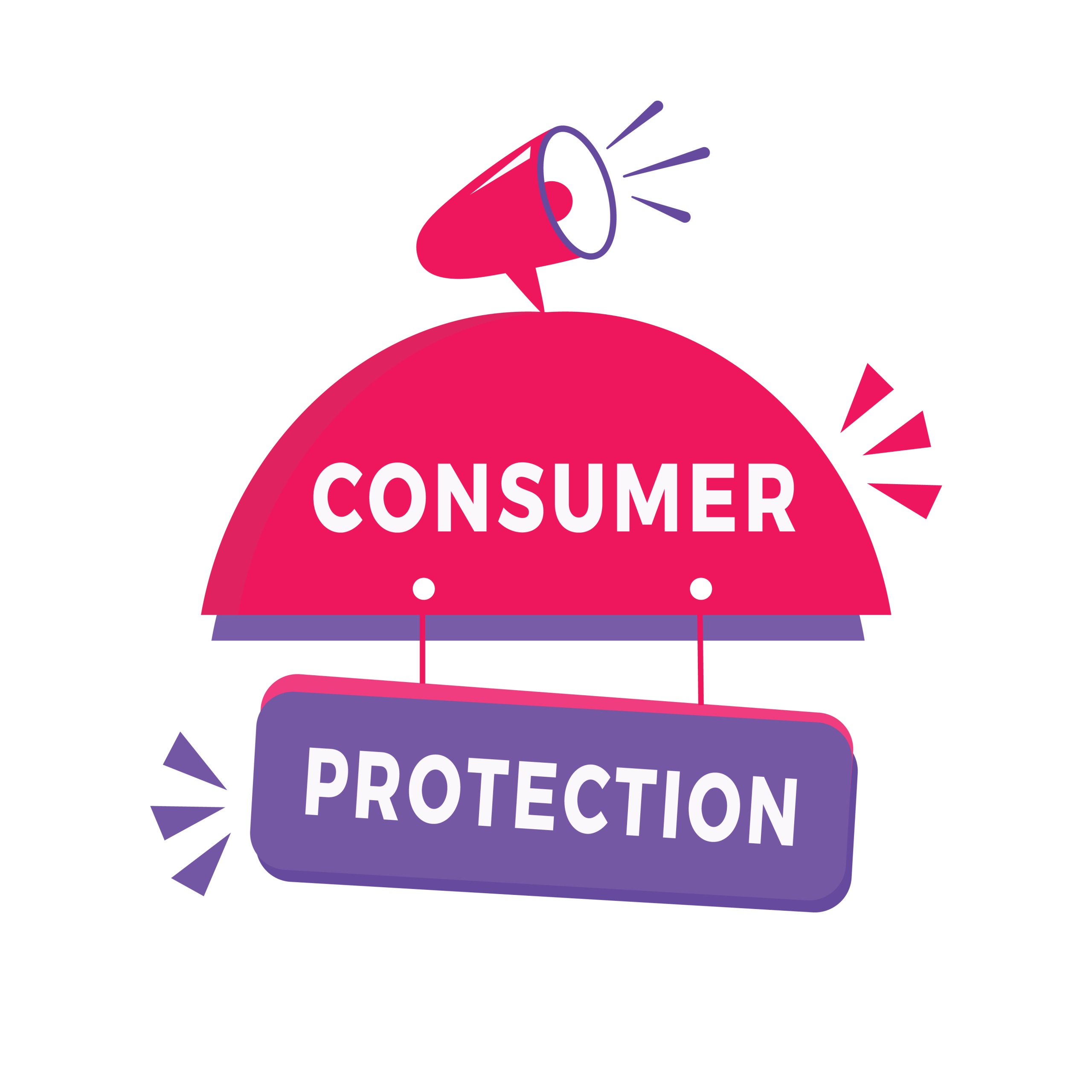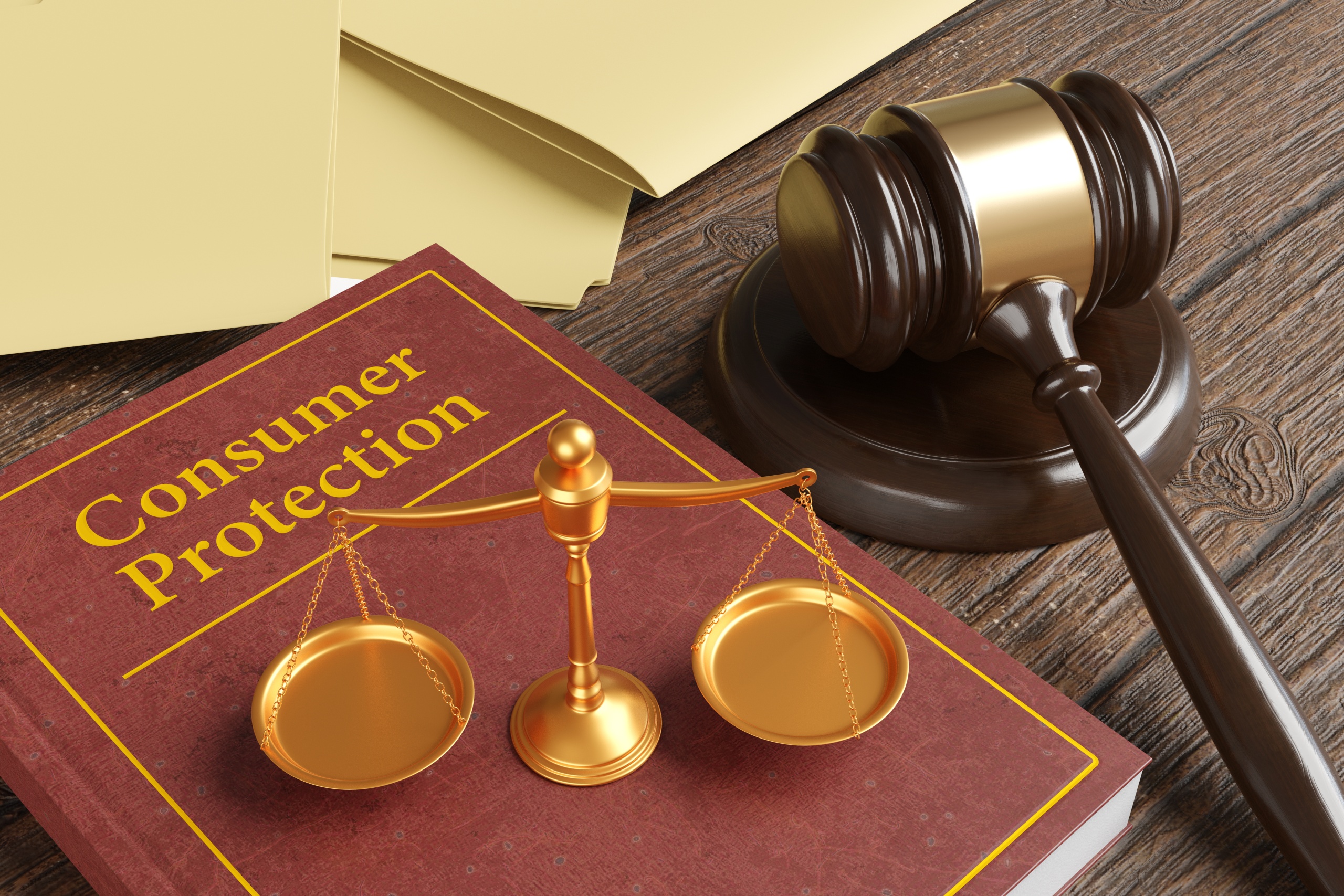In today’s fast-paced consumer-driven world, protecting your rights and hard-earned money is more important than ever. New Jersey, like many states, has enacted robust consumer protection laws to safeguard residents from unscrupulous business practices and fraudulent activities. Understanding these laws is crucial for every consumer, as it empowers individuals to make informed decisions and take action when necessary.
This guide aims to provide essential information about consumer protection laws in New Jersey. By understanding your rights and recognizing common tactics used by scammers, you can protect yourself from becoming a victim of consumer fraud or unfair trade practices.
The New Jersey Division of Consumer Affairs is the primary agency responsible for enforcing consumer protection laws in the state. We will explore their role and how to file complaints in subsequent sections.
Understanding Consumer Fraud
Consumer fraud is a deceptive practice aimed at misleading or tricking consumers into parting with their money or personal information. These fraudulent activities can range from simple scams to complex schemes orchestrated by organized criminal networks.
Common Types of Consumer Fraud
- Identity Theft: This involves stealing personal information to commit fraud.
- Deceptive Advertising: Misleading consumers about product quality, price, or benefits.
- Online Scams: Phishing, online auctions fraud, and fake websites.
- Telemarketing Fraud: High-pressure sales tactics and false promises.
- Mail Order and Internet Fraud: Non-delivery of ordered goods, unauthorized charges.
By understanding common tactics used by scammers, you can better protect yourself from falling victim to these fraudulent activities.
In the next section, we will delve into unfair trade practices, another form of consumer exploitation.
Unfair Trade Practices
Unfair trade practices encompass a broader range of deceptive business behaviors beyond outright fraud. These practices aim to mislead consumers or create an unfair advantage for businesses.
Examples of Unfair Trade Practices
- False Advertising: Making exaggerated or untrue claims about products or services.
- Deceptive Pricing: Misleading consumers about the true cost of a product or service.
- Bait and Switch: Advertising a product at a low price to lure customers in and then attempting to sell a more expensive item.
- Unconscionable Contracts: Agreements that contain extremely one-sided terms that unfairly favor the business.
Businesses that engage in unfair trade practices often exploit consumer trust and can cause significant financial harm. Understanding these practices is crucial for protecting yourself from exploitation.
In the next section, we will delve into the New Jersey Consumer Fraud Act, a cornerstone of consumer protection in the state.
New Jersey’s Consumer Fraud Act
The New Jersey Consumer Fraud Act is a cornerstone of consumer protection in the state. This comprehensive law prohibits unconscionable commercial practices, deception, fraud, false pretenses, and false promises in connection with the sale of merchandise or real estate.
Key Provisions of the Consumer Fraud Act
- Broad Scope: The Act covers a wide range of consumer transactions, including sales of goods, services, and real estate.
- Unconscionable Commercial Practices: Prohibits unfair or oppressive business practices that take advantage of consumers.
- Deceptive Conduct: Bans misleading or deceptive advertising, sales tactics, and other forms of misrepresentation.
- Private Rights of Action: Allows consumers to sue businesses for violations of the Act.
Understanding the key provisions of the Consumer Fraud Act empowers consumers to protect their rights and seek remedies when necessary.
In the next section, we will discuss the remedies available to consumers who have fallen victim to consumer fraud or unfair trade practices.
Remedies for Consumers
If you’ve fallen victim to consumer fraud or unfair trade practices, it’s essential to know your options for seeking recourse. The New Jersey Consumer Fraud Act provides several remedies for consumers.
Remedies Available to Consumers
- Monetary Damages: You may be entitled to recover financial losses incurred due to the fraudulent or unfair practice.
- Attorney’s Fees: In some cases, you may be able to recover attorney’s fees if you prevail in a lawsuit.
- Punitive Damages: If the defendant’s conduct is particularly egregious, the court may award punitive damages to punish the wrongdoer.
- Injunctions: In certain cases, the court can issue an injunction to stop the fraudulent or unfair practice from continuing.
- Rescission of Contract: The court may rescind the contract, allowing you to return the product or service and receive a refund.
Filing a Complaint with the New Jersey Division of Consumer Affairs
The New Jersey Division of Consumer Affairs is responsible for enforcing consumer protection laws. If you believe you have been a victim of consumer fraud or unfair trade practices, you can file a complaint with the Division. They will investigate your complaint and take appropriate action.
In the next section, we will provide tips on how to protect yourself from becoming a victim of consumer fraud or unfair trade practices.
Protecting Yourself as a Consumer

To safeguard yourself from consumer fraud and unfair trade practices, it’s essential to adopt proactive measures. Here are some tips:
Be Informed
- Stay updated on the latest scams and fraud trends.
- Understand your rights as a consumer.
- Read contracts and agreements carefully before signing.
Be Cautious
- Be wary of unsolicited offers, especially those that promise unrealistic rewards.
- Avoid providing personal information over the phone or internet unless you initiated the contact.
- Use strong passwords and protect your online accounts.
Take Action
- Report suspicious activity to the appropriate authorities.
- Contact your credit card company immediately if you suspect fraudulent charges.
- Keep detailed records of transactions and communications.
By following these guidelines, you can significantly reduce your risk of falling victim to consumer fraud and unfair trade practices. Remember, knowledge is power, and staying informed is your best defense.
In the next section, we will discuss common consumer issues and how to address them.
Common Consumer Issues
Consumer protection extends to various industries. Here are some common issues you may encounter:
Auto Sales
- Lemon Law protections for defective vehicles
- Understanding financing options and terms
- Dealing with car dealerships and sales tactics
Home Improvement
- Contractor licensing and insurance verification
- Home improvement scams and fraudulent contracts
- Dispute resolution with contractors
Financial Services
- Credit card fraud and identity theft
- Debt collection harassment
- Mortgage and loan scams
Home Care Services
- Caregiver background checks and licensing
- Fraudulent billing practices
- Elder abuse and neglect
Telecommunications
- Unwanted telemarketing calls
- Cell phone contract and fee disputes
- Internet service provider issues
By being aware of these common issues, you can better protect yourself and take appropriate action if you encounter problems.
In the next section, we will provide a conclusion summarizing the importance of consumer protection and offer additional resources.
Conclusion
Protecting yourself as a consumer is essential in today’s marketplace. By understanding your rights, recognizing common scams, and knowing how to seek recourse, you can safeguard your finances and well-being.
The New Jersey Division of Consumer Affairs is a valuable resource for consumers. Don’t hesitate to contact them if you have questions or believe you have been a victim of consumer fraud or unfair trade practices.
Remember, staying informed and vigilant is key to protecting yourself. Be cautious of unsolicited offers, read contracts carefully, and report suspicious activity. By taking proactive steps, you can empower yourself as a consumer and help create a fairer marketplace for everyone.
Disclaimer:
The information provided in this blog is intended for general informational purposes only and does not constitute legal advice. While we strive to provide accurate and up-to-date information, laws and regulations can change frequently. It is essential to consult with an attorney or relevant government agency for advice regarding your specific legal situation. The author and publisher assume no liability for any actions taken based on the information provided in this blog.




